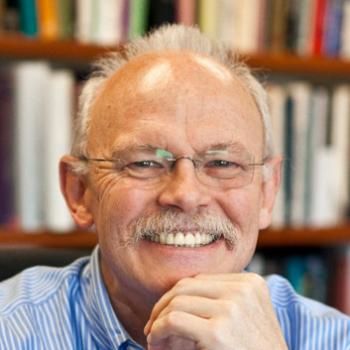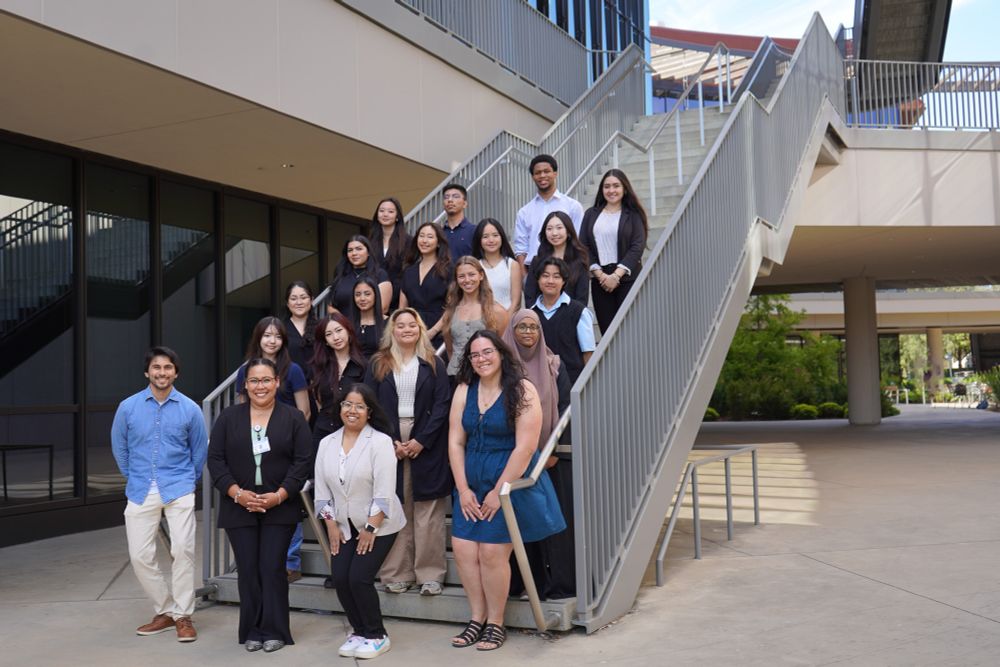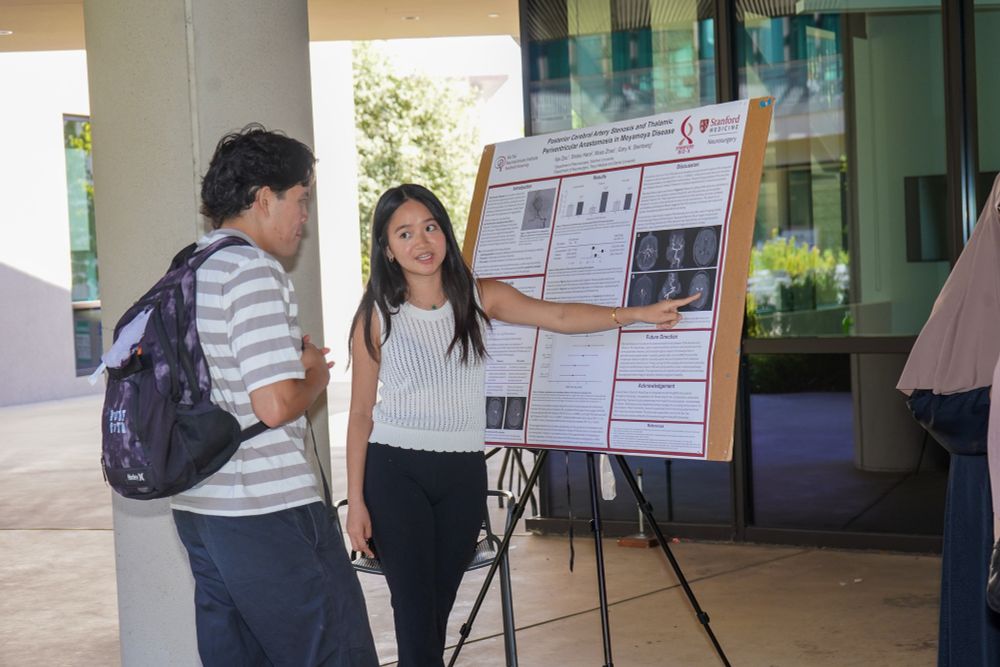Check out my conversation with neural network pioneer Jay McClelland, and stay tuned for more on AI and neuroscience in 2026!
Stanford cognitive scientist Jay McClelland explains on our podcast, exploring the neural network view of the mind and what it means for AI.
Listen now: neuroscience.stanford.edu/news/emergen...


Check out my conversation with neural network pioneer Jay McClelland, and stay tuned for more on AI and neuroscience in 2026!
In today’s podcast, Stanford neuroeconomist Brian Knutson explores how brain signals shape choice, risk, and attention—bridging neuroscience, psychology, and economics.
Listen now: neuroscience.stanford.edu/news/neurofo...


In today’s podcast, Stanford neuroeconomist Brian Knutson explores how brain signals shape choice, risk, and attention—bridging neuroscience, psychology, and economics.
Listen now: neuroscience.stanford.edu/news/neurofo...
🥈 Silver Signal Award
🏅 Listener's Choice Award
Thanks to our fascinating guests, wonderful audience, host Nicholas Weiler, and podcast producer Michael Osborne for making this possible!



neuroscience.stanford.edu/news/groove-...


Stanford psychiatrist Jacob Ballon and peer advocate Shannon Pagdon join our podcast to explore neuroscience, lived experience, and the shift toward recovery-oriented care.
Listen now: neuroscience.stanford.edu/news/what-ps...



Read the full story in the comments.




Read the full story in the comments.
I hope today's conversation reminds you of the power of music and provides some insights for enriching our relationship with this powerful cultural force!
Neuroscientist, musician & author Daniel Levitin joins us to share how music is being used to help heal disorders like Parkinson’s, Alzheimer’s, chronic pain & more.
neuroscience.stanford.edu/news/i-heard...
I hope today's conversation reminds you of the power of music and provides some insights for enriching our relationship with this powerful cultural force!
Stanford addiction expert & policy advisor Keith Humphreys (@stanfordpsy.bsky.social, @stanfordhp.bsky.social) shares the science of substance use & how it intersects with public health & politics.
🎙️ stanford.io/4nMzhGo
Stanford addiction expert & policy advisor Keith Humphreys (@stanfordpsy.bsky.social, @stanfordhp.bsky.social) shares the science of substance use & how it intersects with public health & politics.
🎙️ stanford.io/4nMzhGo
On this week's show, Anthony Wagner, @morminolab.bsky.social and I set out to answer this question. Enjoy!
Stanford neuroscientists Beth Mormino @morminolab.bsky.social & Anthony Wagner share insights from the Stanford Aging & Memory Study, revealing how some people maintain cognitive health well into their 80s & 90s.
neuroscience.stanford.edu/news/secrets...



On this week's show, Anthony Wagner, @morminolab.bsky.social and I set out to answer this question. Enjoy!
Congratulations to Vanessa Doulames, Lauren Duan, Shuke Xiao, and Shon Alimukhamedov, the 2025 poster session winners!




Congratulations to Vanessa Doulames, Lauren Duan, Shuke Xiao, and Shon Alimukhamedov, the 2025 poster session winners!
Read more: brainresilience.stanford.edu/news/new-pro...

Read more: brainresilience.stanford.edu/news/new-pro...
In today's podcast, Wu Tsai Neuro Faculty Scholar Dan Yamins discusses what it would take to build a simulation of the human brain and how it could help us understand core algorithms for perception and cognition.
neuroscience.stanford.edu/news/simulat...

